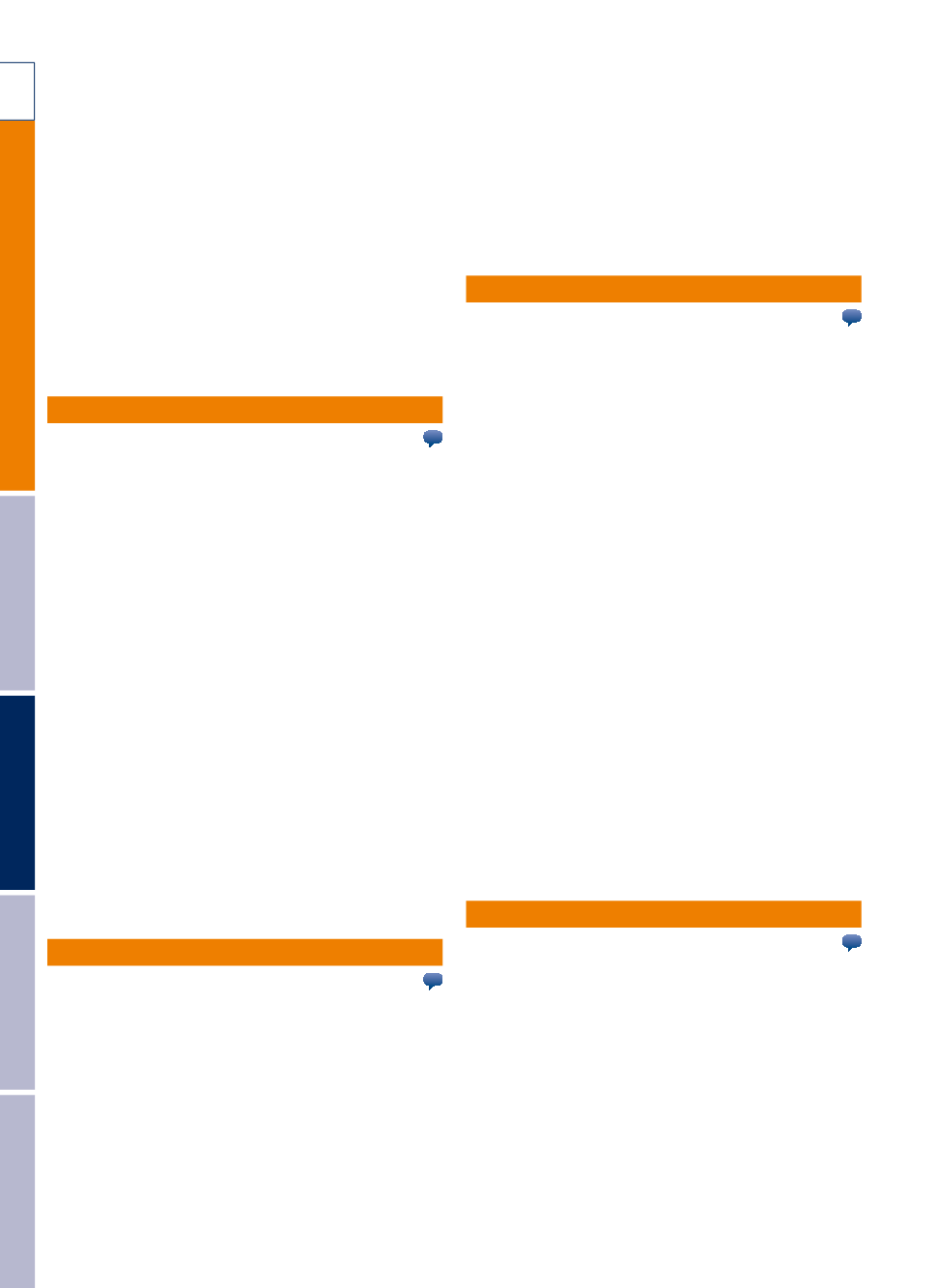

MONDAY
TUESDAY
WEDNESDAY
THURSDAY
SCIENTIFIC PROGRAMME
134
002
Psychopathic traits in schizophrenic offenders
(part I)
Thomas Stompe, Austria
003
Psychopathic traits in schizophrenic offenders
(part II)
Hans Schanda, Austria
004
Disability and sociopathy: challenges in func-
tional assessment
Albert Drukteinis, USA
005
The impact of modern neurobiological and neu-
roimaging methods for understanding psychopathic
disorders
Jürgen L. Müller, Germany
S-143
Symposium
10:00– 11:30
|
Hall A5
TOPIC 2:
Mental disorders due to psychotropic
substances, behavioural addictions
Methamphetamine-involved families – effects on
parents and children and implementing practical
support
Chairs:
Michael Klein, Germany
Diana Moesgen, Germany
001
Effects of prenatal methamphetamine exposure
on children
Stephan Mühlig, Germany
002
Psychosocial living circumstances of metham-
phetamine-involved families
Michael Klein, Germany
003
Dysfunctional parenting behavior and parental
role strain in methamphetamine-using men and
women
Janina Dyba, Germany
004
Parenting interventions for mothers and fathers
using methamphetamines and other substances
Diana Moesgen, Germany
S-144
Symposium
10:00– 11:30
|
Hall A2
TOPIC 3:
Psychotic disorders
At risk for psychotic symptoms: genetics, proteomics
and neuroimaging
Chairs:
Thomas Frodl, Germany
Mary Cannon, Ireland
001
Current status of sub threshold psychosis in a
transdiagnostic world
Patrick McGorry, Australia
002
Hippocampal volumes in young people who
report psychotic symptoms
Mary Cannon, Ireland
003
Predicting therapeutic outcomes in psychosis
using machine learning: implications for clinical
trial designs and psychiatric care
Nikolaos Koutsouleris, Germany
004
Altered complement and coagulation cascade
in age 11 children precedes to the onset of psychotic
disorder?
David Cotter, Ireland
S-145
Symposium
10:00– 11:30
|
Hall Helsinki 1
TOPIC 4:
Affective disorders
Psychotherapy for persistent depressive disorder:
evidence from recent CBASP studies
Chairs:
Jan Philipp Klein, Germany
Elisabeth Schramm, Germany
001
CBASP, medication, or their combination in
the treatment of persistent depressive disorder: an
individual participant data network meta-analysis
Toshiaki Furukawa, Japan
002
CBASP versus supportive psychotherapy for
persistent depressive disorder: a randomized
controlled trial
Elisabeth Schramm, Germany
003
The impact of childhood maltreatment on the
efficacy of psychotherapy for persistent depressive
disorder: a subgroup analysis from a randomized
controlled trial
Jan Philipp Klein, Germany
004
CBASP versus CBT in the treatment of depres-
sive disorder: a randomized controlled study in
routine care setting
Gaby Bleichhardt, Germany
Frank Euteneuer, Katrin Wambach, Katharina Dannehl,
Winfried Rief
S-147
Symposium
10:00– 11:30
|
Hall Paris 1
TOPIC 16:
Diagnostics and classification,
psychopathology, RDoC
The new ICD-11 classification of mental and
behavioural disorders: development, testing, and
release for public comment of improved clinical
descriptions and diagnostic guidelines
Chairs:
Geoffrey M. Reed, Switzerland
María Elena Medina-Mora, Mexico
001
ICD-11 mental and behavioural disorders:
major innovations in clinical utility and as a vehicle
for improving public health
Geoffrey M. Reed, Switzerland


















